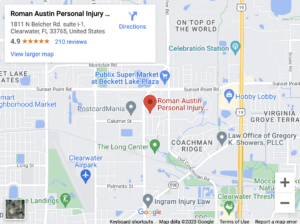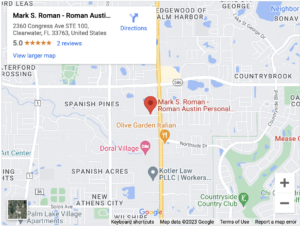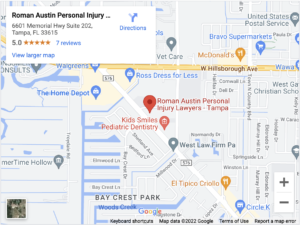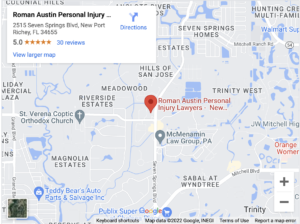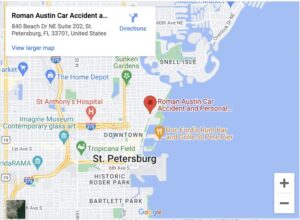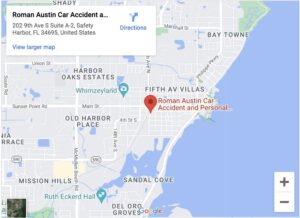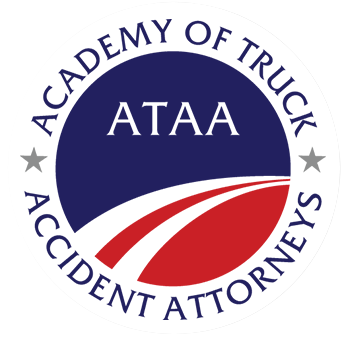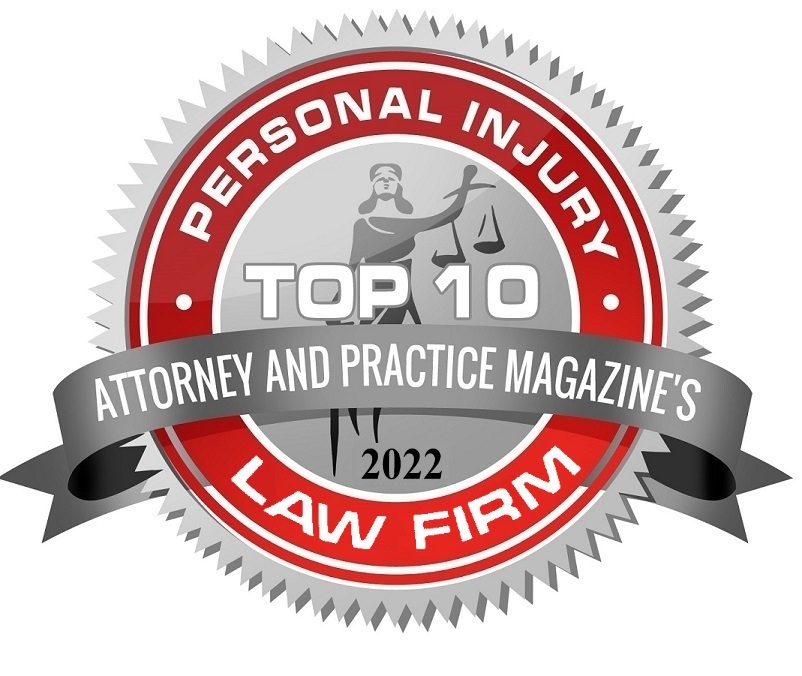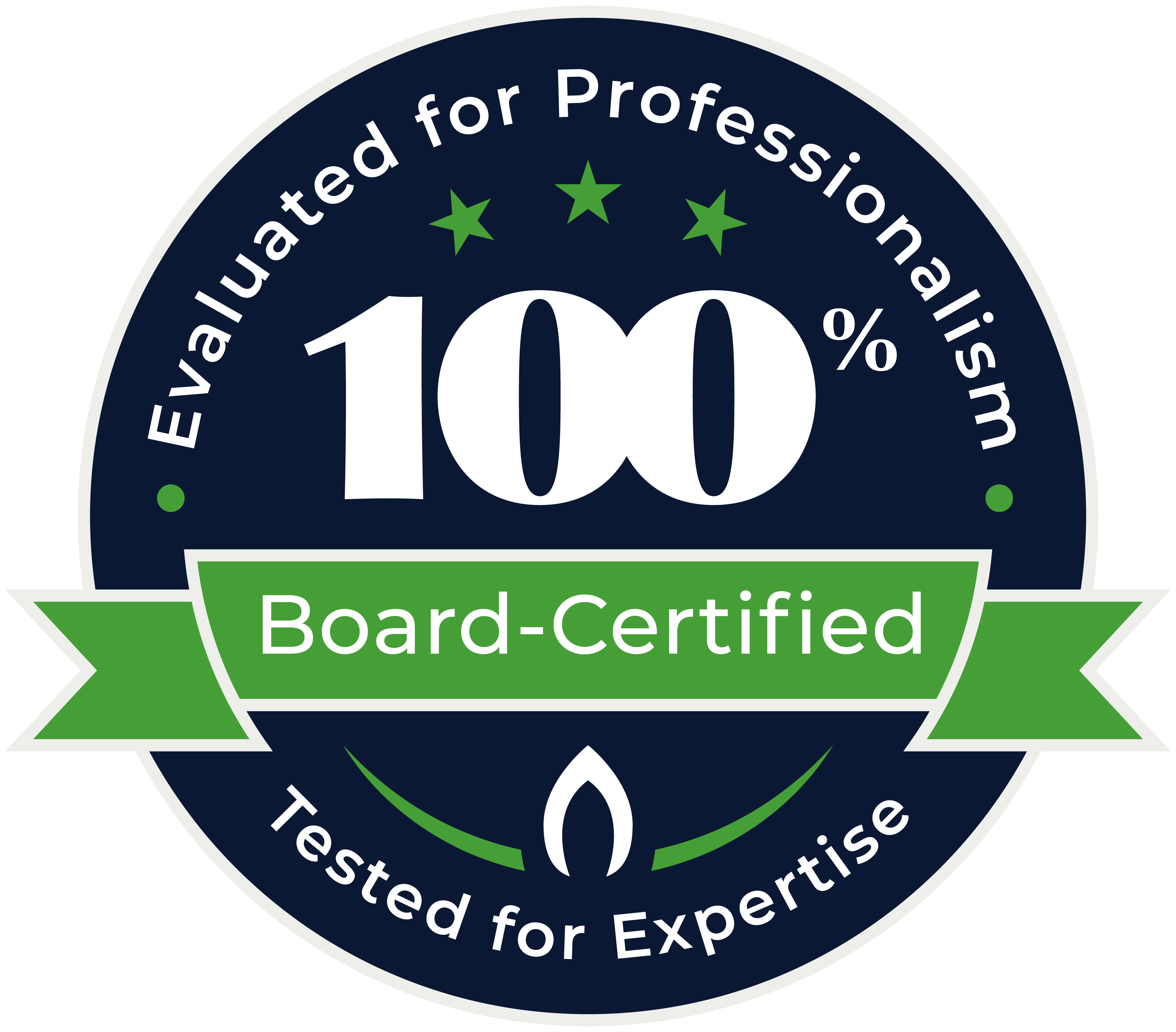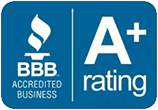
You’ve undoubtedly heard the term liability – probably in more than one context. One of the most common places you’ll see liability mentioned is in your car or home insurance. Insurance policies have various liability coverage options. In general terms, liability refers to legal financial responsibility.
Continue reading to learn more about liability and how it applies to your personal injury case.
What is Liability in a Personal Injury Case?
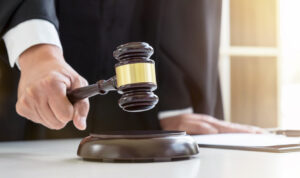
If you’ve been in a car accident and are seeking compensation, your personal injury attorney will work to make whoever is responsible for the accident pay for your damages. The person who is held financially accountable is considered to be liable for your damages.
Most personal injury cases are based on negligence, but some may be based on strict liability (liability that doesn’t need proof of negligence or fault). Liability is a key aspect of any personal injury case. If you can’t identify and prove who is liable, you won’t recover the compensation you deserve.
Liability and Negligence Cases
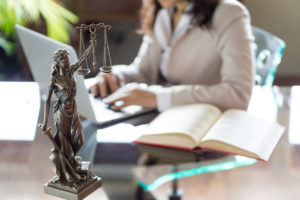
If you’re injured in an accident that occurred because someone was careless, your personal injury case will likely be based on negligence. Whoever is at fault for your accident may be held liable for your injuries, lost wages, and pain and suffering.
Maybe you slipped and fell in the grocery store where a freezer case had been leaking onto the floor. In that case, someone—maybe the property owner, store manager, or an employee—was negligent by failing to keep the premises safe for customers.
Exactly who is liable, however, is not always easy to determine. In the above example, multiple people may be liable.
Consider the possible reasons for your accident:
- The freezer was defective
- The store owner knew the freezer was broken and failed to fix it
- The maintenance company that serviced the freezer failed to tighten the connections
- An employee saw the spill and didn’t clean it up
- An employee didn’t place proper warning signs near the spill
You can see how liability may not always be straightforward. It’s important to pinpoint the cause of your accident so that the appropriate party can be held liable.
How Do You Prove Liability in a Personal Injury Case?
If your accident is based on negligence, you’ll have to prove the following four elements:
- Duty: the defendant owed you a duty of care
- Breach: the defendant breached the duty of care
- Causation: the defendant’s conduct resulted in your injuries
- Damages: you suffered actual damages as a result of the defendant’s actions
Not every accident, of course, results in a finding of liability. Sometimes freak accidents do occur. But if someone’s carelessness caused your accident, an experienced personal injury attorney should be able to collect evidence to prove liability.
Evidence used to prove liability can include:
- Eyewitness testimony
- Medical records
- Video footage
- Accident reports
- Maintenance records
- Expert testimony
Your lawyer will choose the best evidence for your case. Sometimes, presenting compelling evidence to the insurance company early in the case will result in a settlement without the need for a trial.
How Long Do You Have to Prove Liability?
If someone’s negligence caused you or a family member to get hurt, you have a limited amount of time to make a claim for damages.
In most cases, you’ll have two years to file a lawsuit based on negligence. You used to be given four years to take legal action under Florida’s statute of limitations, but the law was revised on March 24, 2023. Therefore, Florida accidents occurring after that date are subject to the two-year limit.
If you lost a loved one in a fatal accident, you’ll have two years to file a wrongful death lawsuit. There are some exceptions, so be sure to check with a skilled attorney as soon as possible after your accident. Once the deadline has passed, you’re barred from recovering any compensation, even if liability is clear.
What Damages Does Someone Pay if They’re Liable in a Personal Injury Case?
Injured victims who prove liability in a personal injury case can typically recover both economic and non-economic damages.
These are considered compensatory damages and can include payment for:
- Medical expenses
- Past and future lost wages
- Home nursing care
- Modifications to your home or vehicle to accommodate a disability caused by your accident
- Medication
- Travel expenses related to medical treatment
- Property damage
- Emotional trauma
If someone is liable for your injuries, they’re usually on the hook for the monetary losses you’ve incurred (economic damages) and the diminished quality of life caused by the accident (non-economic damages).
What if I’m at Fault for an Accident?
Whether you could be held liable depends on the circumstances. Florida is a “no-fault” insurance state when it comes to automobile accidents. That means that even if you caused the accident, you can still recover compensation for your injuries from your Personal Injury Protection (PIP) insurance.
However, if you were in a vehicle crash that was partially your fault, but your PIP doesn’t cover all of your injuries, you might file a claim or lawsuit against the other party’s insurance company.
Under Florida’s modified comparative fault law, your compensation could be reduced in proportion to your own negligence — or barred altogether if your share of negligence is over 50%. That’s another good reason to consult a reputable personal injury attorney as soon as possible after your accident. They’ll help you fight for compensation for your injuries and protect you against unfair blame and potential liability.
Roman Austin Personal Injury Lawyers can help advise you on the viability of your claim and how best to proceed. Contact us to schedule a free consultation at (727) 787-2500.

